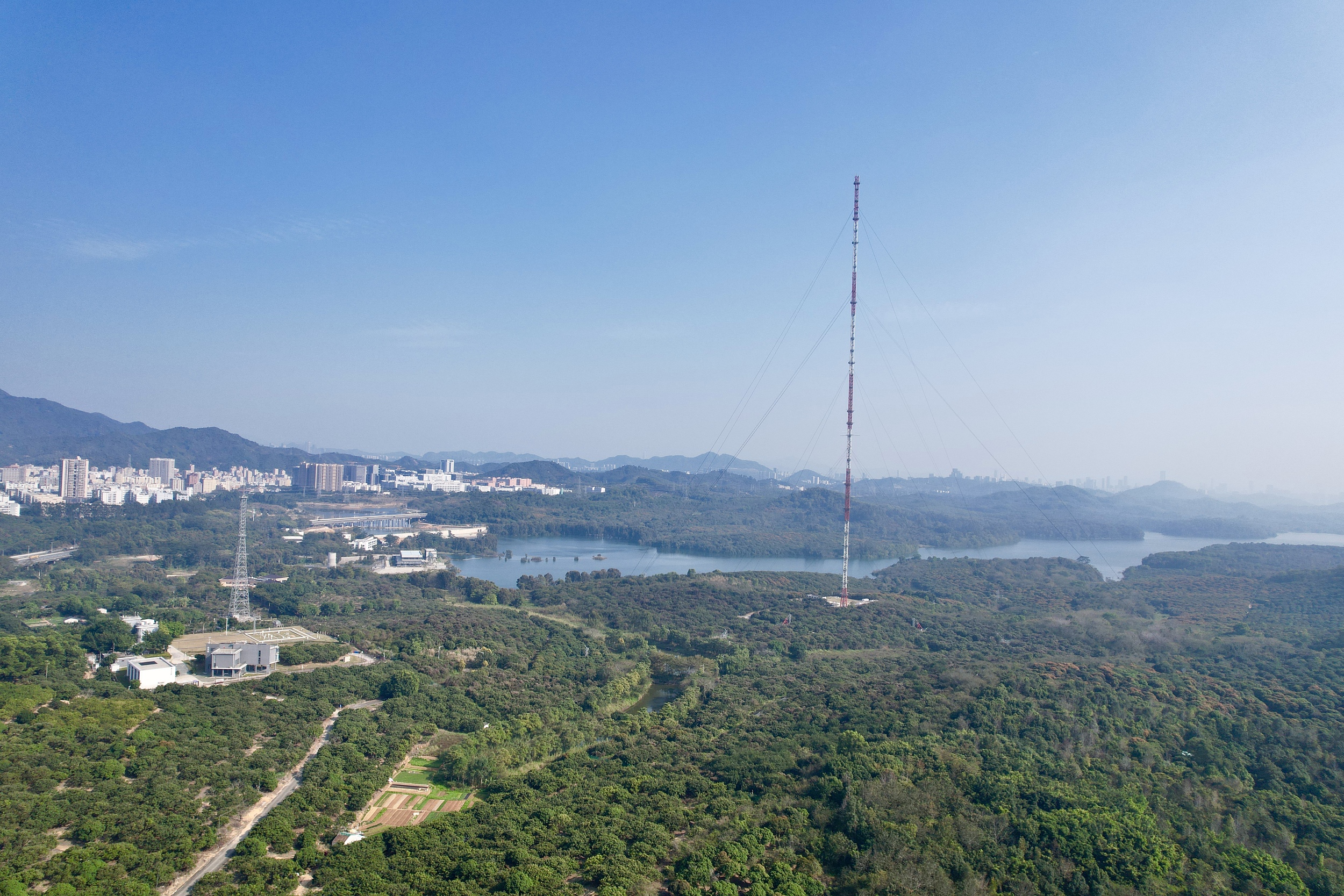Building Climate Resilient Society by 2035
By LI Linxu
China has laid out a comprehensive strategy to address climate change by 2035 in a new policy document.
Climate change poses significant challenges to the survival and development of humanity, according to the document, recently released by the Ministry of Ecology and Environment in conjunction with 16 other ministries and departments, adding that to actively tackle these challenges has become a global consensus.
In line with global climate change trends, the temperature in China has registered a noticeable increase.
This has had a serious adverse impact on China's natural ecosystems and is also affecting the country's economy and society, according to the document, citing rising risks to water resources, terrestrial ecosystems, marine and coastal ecosystems, as well as an increasing danger to production and life.
In 2013, China issued a national climate change adaptation strategy for the first time, making climate change adaptation a national strategy.
The newly unveiled document has assessed past experiences and lessons learned, and mapped out a detailed road map to build a climate resilient society by 2035.

A meteorological gradient observation tower in Shenzhen. (PHOTO: VCG)
This is the second time the country has issued such a strategy, which puts more emphasis on coordination and synergy of mitigation and adaptation.
Mitigation and adaptation are the "two wheels" to tackle climate change, said Chao Qingchen, director of National Climate Center, adding that the two are complementary and indispensable.
By 2035, the country's climate change monitoring and early warning capacities will reach an internationally advanced level, its climate risk management and prevention systems will basically mature, and its capabilities to adapt to climate change will be significantly elevated, according to the document.
To do so, it puts forward a series of tasks and measures, such as modernizing observation networks, boosting monitoring, forecasting and early warning abilities, enhancing impact and risk assessments, and strengthening disaster prevention and mitigation efforts.
It also calls for uplifting the country's climate change adaptation capabilities in its natural ecosystems, as well as economic and social systems.
Sci-tech support is highlighted in the document, pledging to invest more in basic research and key technologies, as well as their applications.
International cooperation will be elevated to a new level, said the document, noting that the country will press ahead with international talent exchanges and actively take part in global climate change governance.


